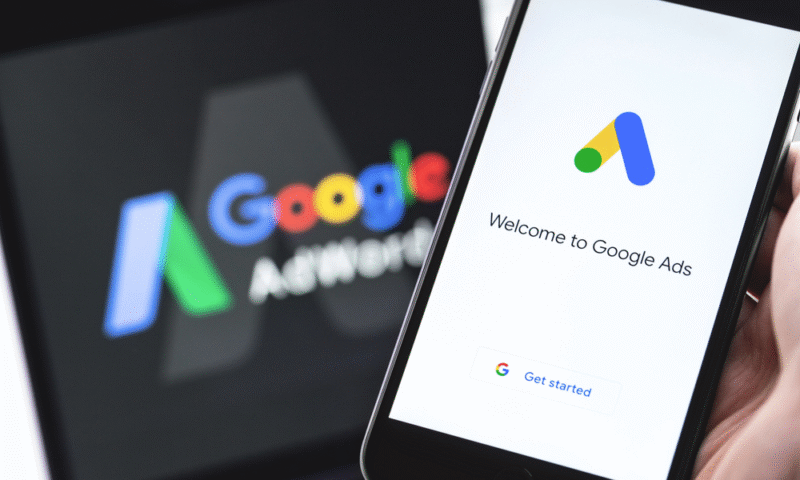DOJ Proposes Selling Off Google Ad Empire, Trial Set for September
Following Google’s ad monopoly trial loss in April, the court received remedy recommendations from the DOJ for Google to sell pieces of its ad business.

In Google’s ad tech monopoly trial, the judge ruled in favor of the DOJ on two counts, agreeing that Google intentionally engaged in anti-competitive monopolistic behavior with its publisher ad server, Double Click for Publishers (DFP) and Google Ad Exchange (AdX).
Now the court has received proposals from both the DOJ and Google about how to remedy the situation.
The DOJ’s proposed remedies include having Google divest AdX and proceed with a phased sale of DFP, and for Google to not run an ad exchange for 10 years after selling AdX. “Plaintiffs seek a mix of structural, behavioral, and administrative remedies, including divestiture of Google’s AdX ad exchange and phased divestiture of its DFP publisher ad server.”
Google’s proposed remedies unsurprisingly argued against divesting, instead petitioning to make its ad auction system more transparent to competitors and giving web publishers more control over how they price ad space to different bidders, creating a more level playing field in digital advertising.
Lee-Anne Mulholland, Google’s vice president of Regulatory Affairs, said in a statement to Reuters, “The DOJ’s additional proposals to force a divestiture of our ad tech tools go well beyond the Court’s findings, have no basis in law, and would harm publishers and advertisers.”
After receiving these proposals, U.S. District Judge Leonie Brinkema set a trial date for September. We will continue to report on this story as it develops.

